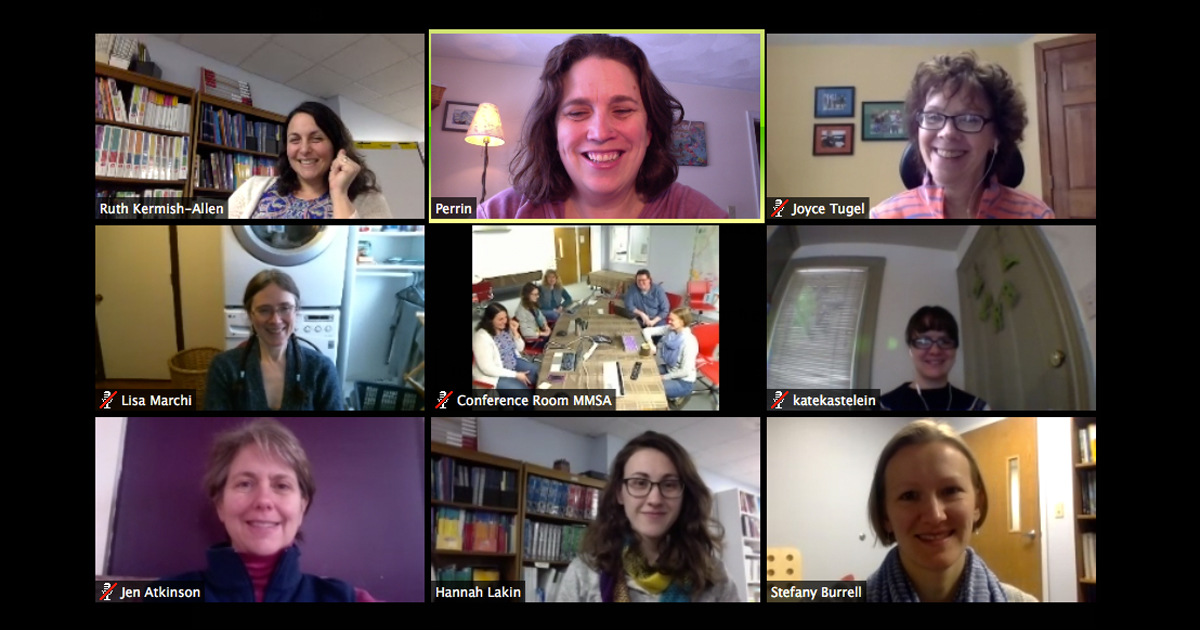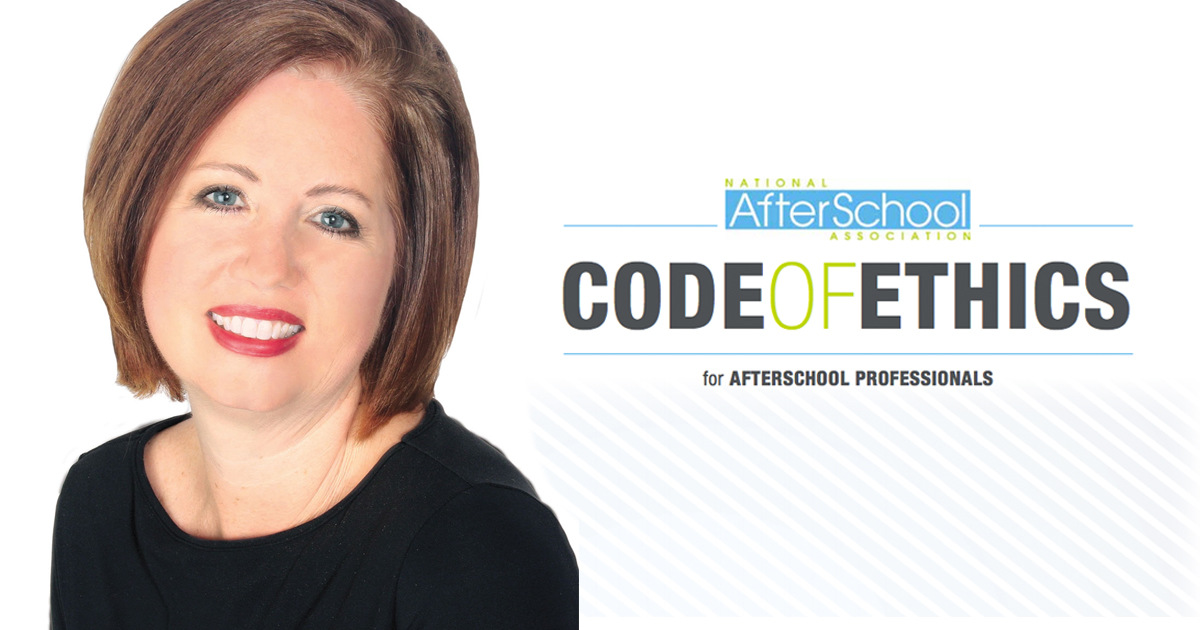Using data from a national survey of 1,085 parenting adults of children between the ages of three and 13, the study's authors argue that helping parents build developmental relationships with their kids is a powerful but underused strategy for helping all children succeed.
Search Institute's president and CEO, Kent Pekel, Ed.D., has published a blog in the Huffington Post summarizing the findings of the study. To view the full study, click here.
At the heart of the study is Search Institute's framework of developmental relationships—close connections through which young people develop the character strengths they need to grow up successfully. These relationships are characterized by five essential actions:
- Express Care: Show that you like me and want the best for me.
- Challenge Growth: Insist that I try to continuously improve.
- Provide Support: Help me complete tasks and achieve goals.
- Share Power: Hear my voice and let me share in making decisions.
- Expand Possibility: Expand my horizons and connect me to opportunities.
Search Institute has identified specific strategies to support the essential actions listed above, that make a connection with a young person a developmental relationship. To learn more about these actions, download The Developmental Relationships Framework.




